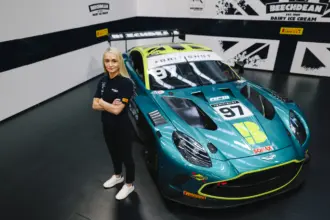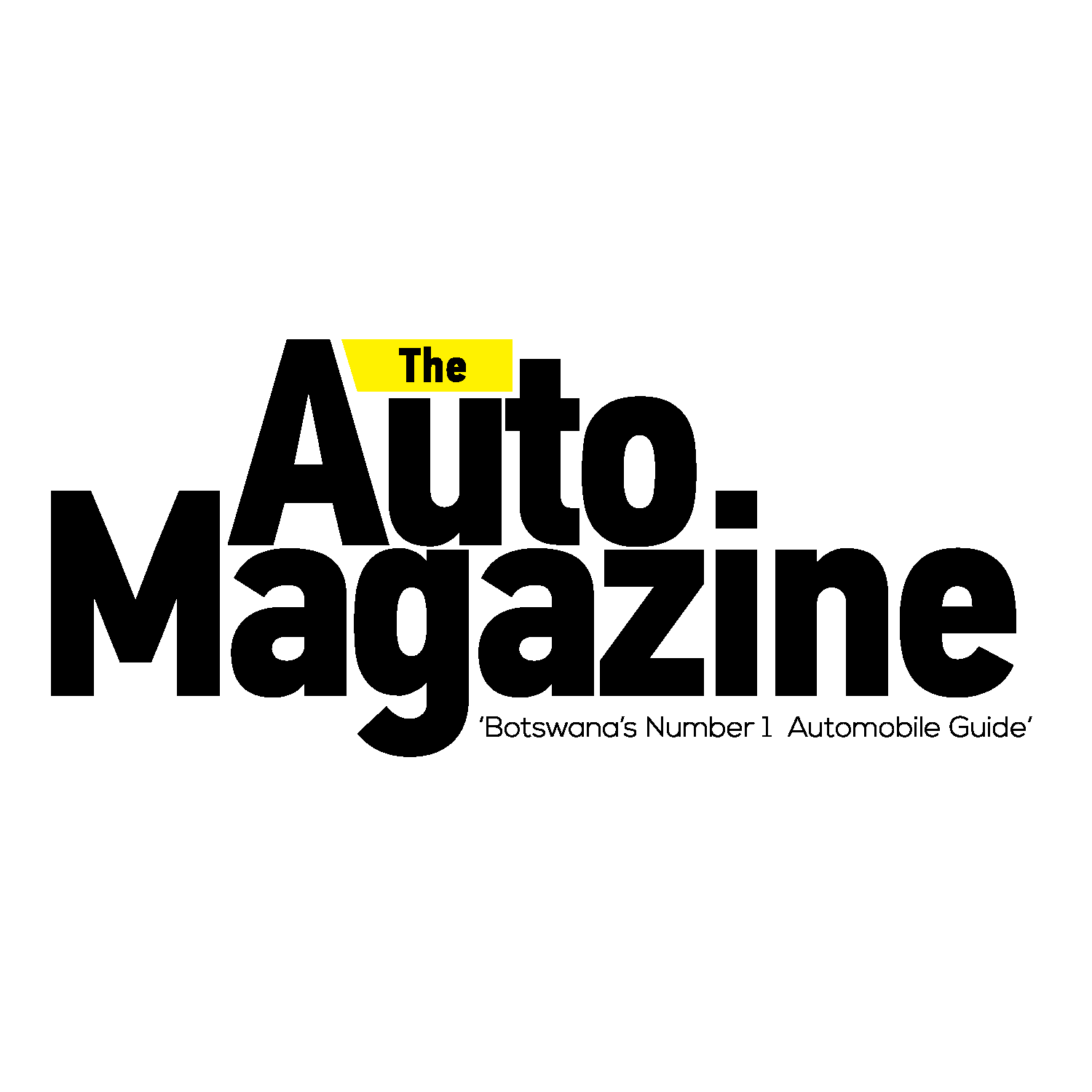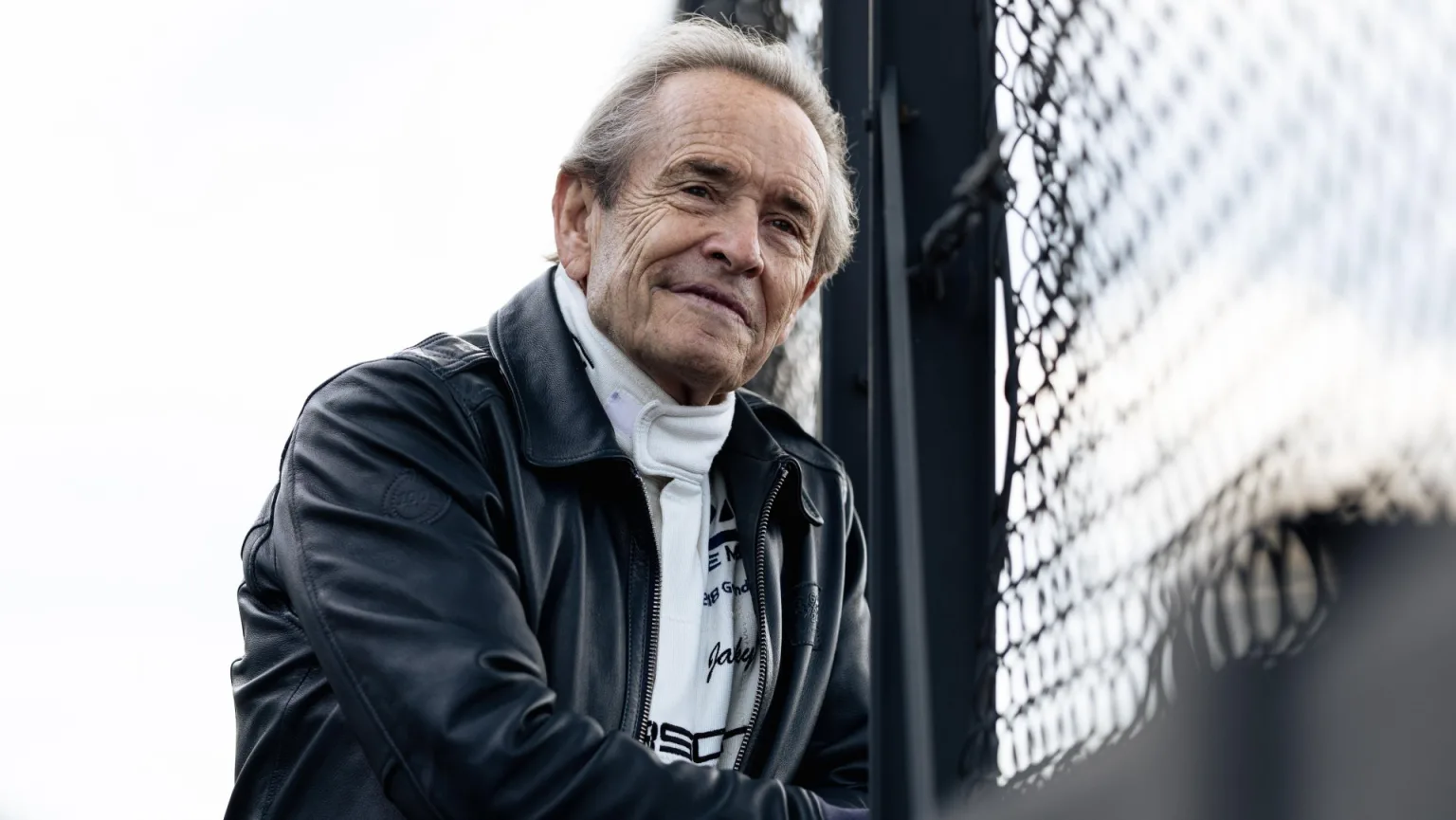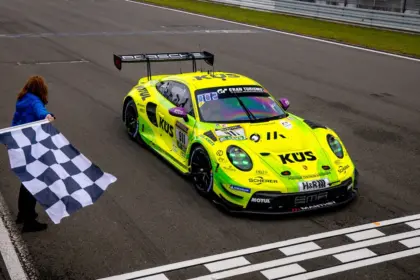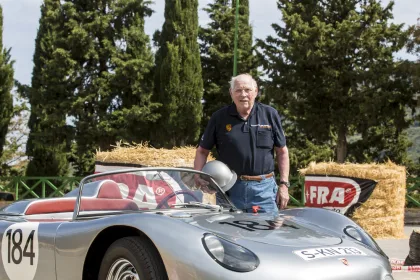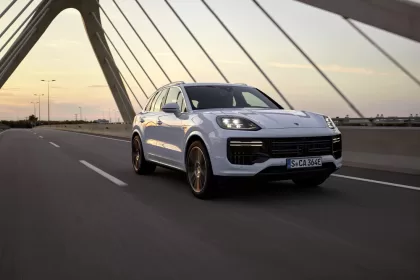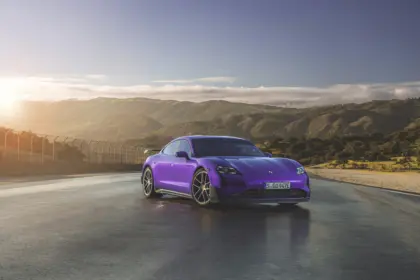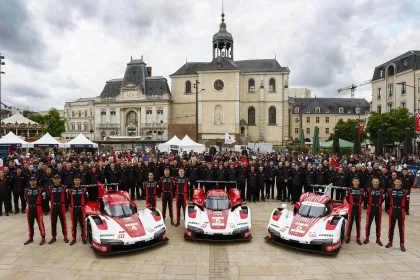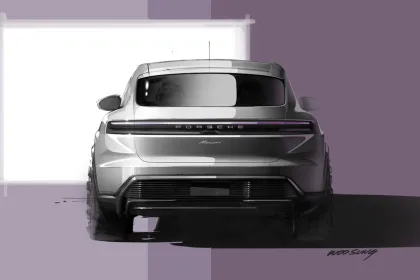During his competitive career, he was not only considered a highly versatile racing driver, but also a master of wet-weather driving. Jacky Ickx was a major contribution to Porsche’s racing success in the 1970s and 1980s. Today, the Belgian-born former racing ace celebrates his 80th birthday.
His career at Porsche is a prime example of how successfully drivers and brands can work together. Jacky Ickx triumphed in the 24 Hours of Le Mans a total of six times, four of which while he was representing Porsche. On 1 January 2025, the racing driver celebrates his 80th birthday. “We wish Jacky Ickx all the best and thank him for having written himself and Porsche into the history books of motor racing”, says Michael Steiner, Member of the Executive Board, Research and Development. “He impressed the company not only with his skills as a racing driver, but also with his passion, pursuit of excellence and modesty. Values that Porsche continues to embody to this day.”

From motorcycle to motorsport
Jacques Bernard Ickx, known as Jacky Ickx, was born on 1 January 1945 in the Belgian capital Brussels. One of his influences was his father Jacques Ickx, a motorsport journalist, who piqued his interest in fast vehicles. At first, Jacky Ickx was interested in motorcycles. His first successes came in motocross and Formula 2 racing, with his achievements including becoming Formula 2 European champion in 1967. One year later, Ferrari gave him a grid spot in Formula 1 while still in his early twenties. His mastery of wet-weather driving was demonstrated on numerous occasions, including in Rouen where he landed his first Grand Prix victory. He would win a total of eight Grands Prix for Ferrari, Brabham and Lotus in the world’s most revered racing class.
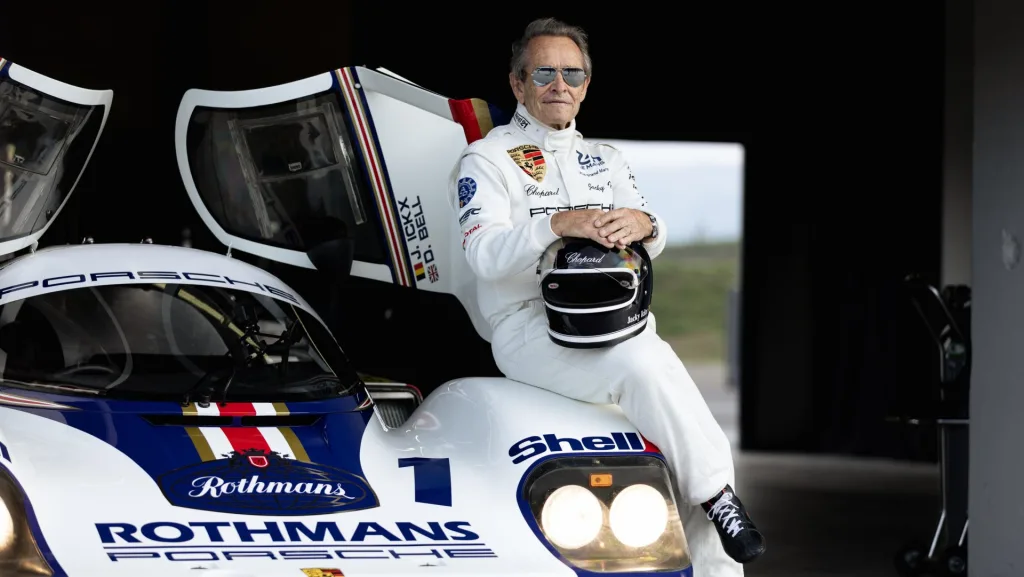
Passion for endurance racing
After his career in Formula 1, Ickx shifted his focus to endurance races. In his first year at Porsche in 1976, he picked up three victories in the World Championship for Makes and four in the World Sportscar Championship. Ickx also won the 24 Hours of Le Mans and repeated this triumph for Porsche in 1977, 1981 and 1982.
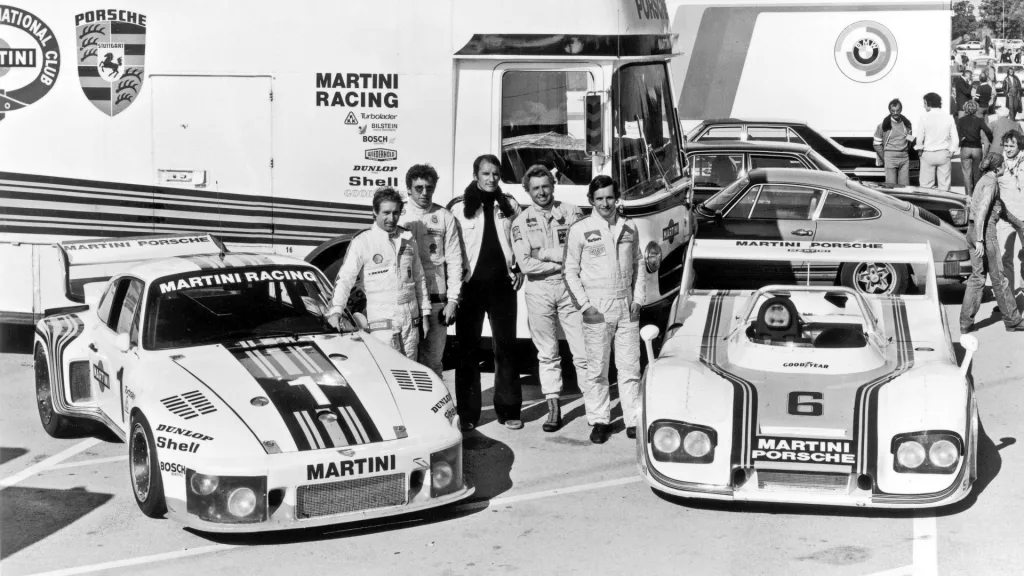

The race in June 1977 not only saw him mount one of the best recoveries from a trailing position in motorsport history; it is also considered one of the most incredible races in his career. The sports car manufacturer from Zuffenhausen entered two Porsche 936 models. The car driven by Ickx and Henri Pescarolo suffered an engine failure after three hours, forcing them to retire from the race. The then 32-year-old was assigned as a replacement driver for Jürgen Barth and Hurley Haywood in the second Porsche 936. Due to technical issues, the team was trailing by several laps. Ickx took to the wheel. He caught up, recovered the lost laps and drove to the limit – ultimately leading Porsche to the overall victory.
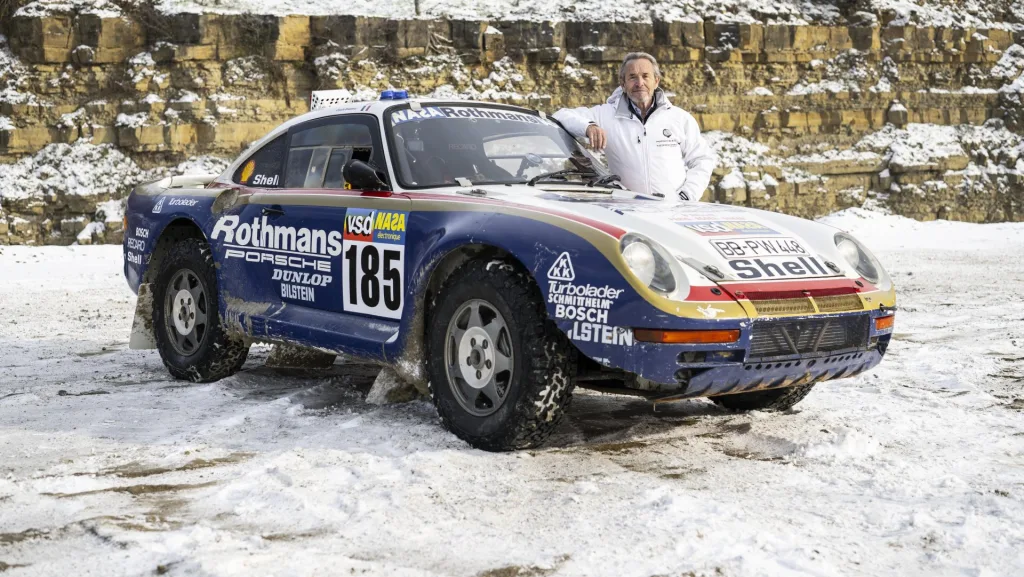
Two years later, in 1979, Ickx won the North American CanAm series. In 1981 and 1982, he assisted with the development of the Porsche 956 and was a constant presence in Weissach. His tips from the perspective of a racing driver were incorporated into aspects including the development and configuration of the cockpit and monocoque. In 1983, he took part in the Paris-Dakar Rally in a Mercedes-Benz. After winning, he was able to convince Porsche to participate in the desert rally. He entered the rally as a Porsche driver in 1984 and in the following two years, ending his career with a second place in 1986 in a Porsche 959.
His commitment to Porsche in the 1970s and 1980s was invaluable, as was his contribution to the brand’s racing success at this time. One of the aspects that distinguished his career was his versatility: Ickx shone in endurance races as well as in sprint formats, in wet weather and with a wide range of vehicle types in the world’s most challenging races.
To this day, the father of five is closely associated with Porsche and represents the brand values. Ickx is not only a welcome guest at Porsche events, but also a contemporary witness, valued partner and test driver. For example, he was present alongside the Porsche Heritage and Museum team for the recommissioning of the 959 Paris-Dakar, in which he and Claude Brasseur took second place in 1986.



